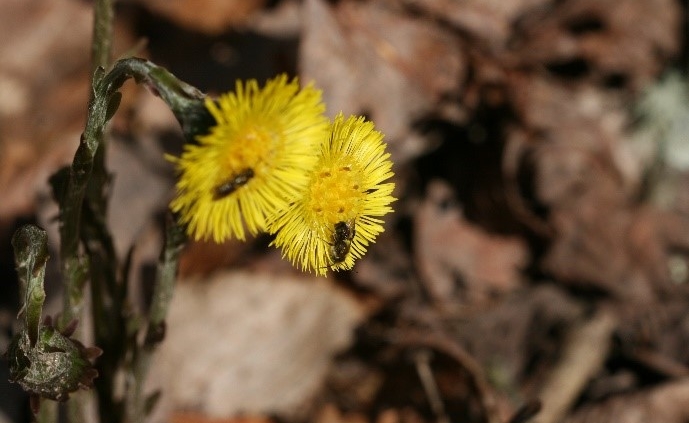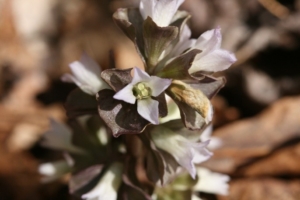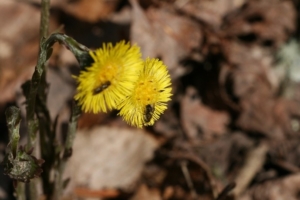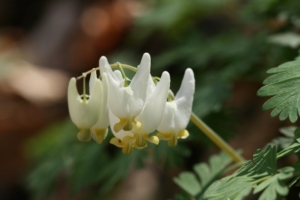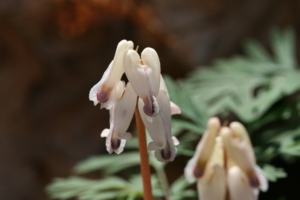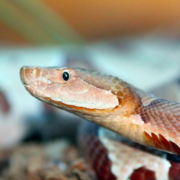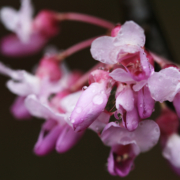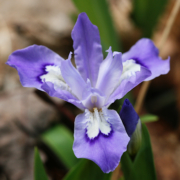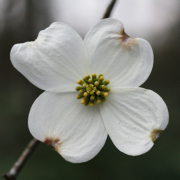Virtual Wildflowers #1
Bays Mountain Park & Planetarium is bringing you a series of blog posts and videos to make sure you can still learn about and appreciate nature, even as you’re spending more time at home. Hope you enjoy!
—————
Virtual Wildflowers
by Ranger Bob Culler
All photographs copyright Bob Culler, 2020
In this time of social distancing, we still need to connect with nature. This time of year, our spring wildflowers are an uplifting sight. As a way to enjoy them responsibly, we will be providing a wildflower newsletter for the next few weeks (or as long as possible). I plan to post photos and information at least twice a week. Most of the photos will be from Bays Mountain Park, but we may be able to visit other areas as conditions permit.
These first few photos are what I saw blooming March 25, 2020. Some of these were found along Lakeside Trail; if you can get on some other trails and service roads, you can find many others. This has been an unusually warm and wet spring, so some flowers are coming out earlier than average.
Pennywort is a small plant usually seen alongside the roads and trails through the park. Dead leaves often hide its tiny leaves and flowers. This plant may derive much of its energy from symbiotic fungi instead of photosynthesis.
Coltsfoot is reliably one of the first flowers we see in spring at the park. This native of Europe has bright yellow blossoms that resemble dandelions from a distance. Looking closer reveals that this plant has no leaves at blooming time. The seed heads are puffballs that look remarkably like dandelions, as well. Look for this weed in the sandy, gravelly margins of the trails where a little sun gets through the trees.
Dutchman’s Breeches is an uncommon plant at the park. The odd flowers resemble pants hanging from a clothesline. The shape of the flower limits the insects that can pollinate this plant; only bumblebees have a tongue long enough to reach the nectar.
Squirrelcorn is closely related to Dutchman’s Breeches. Both of these wildflowers are most often found in cooler, damper slopes underlain by limestone. The yellow knots on the roots, resembling corn kernels, give this plant its common name.
My list from March 19, 2020: Sarvis (Serviceberry), Red Maple, Peach, Spring Beauty, Bloodroot, Spicebush, Rue Anemone, Cut-leaved Toothwort
March 25, 2020: Red Maple, Rue Anemone, Halberd-leaved Violet, Cut-leaved Toothwort. Dutchman’s Breeches, Squirrelcorn, Pennywort, Pale Corydalis
Enjoy nature at every opportunity! Even your backyard has lots of wildlife if you take the time to notice. Visit Bays Mountain Park when you can. In the meantime, stay safe and keep your distance!

